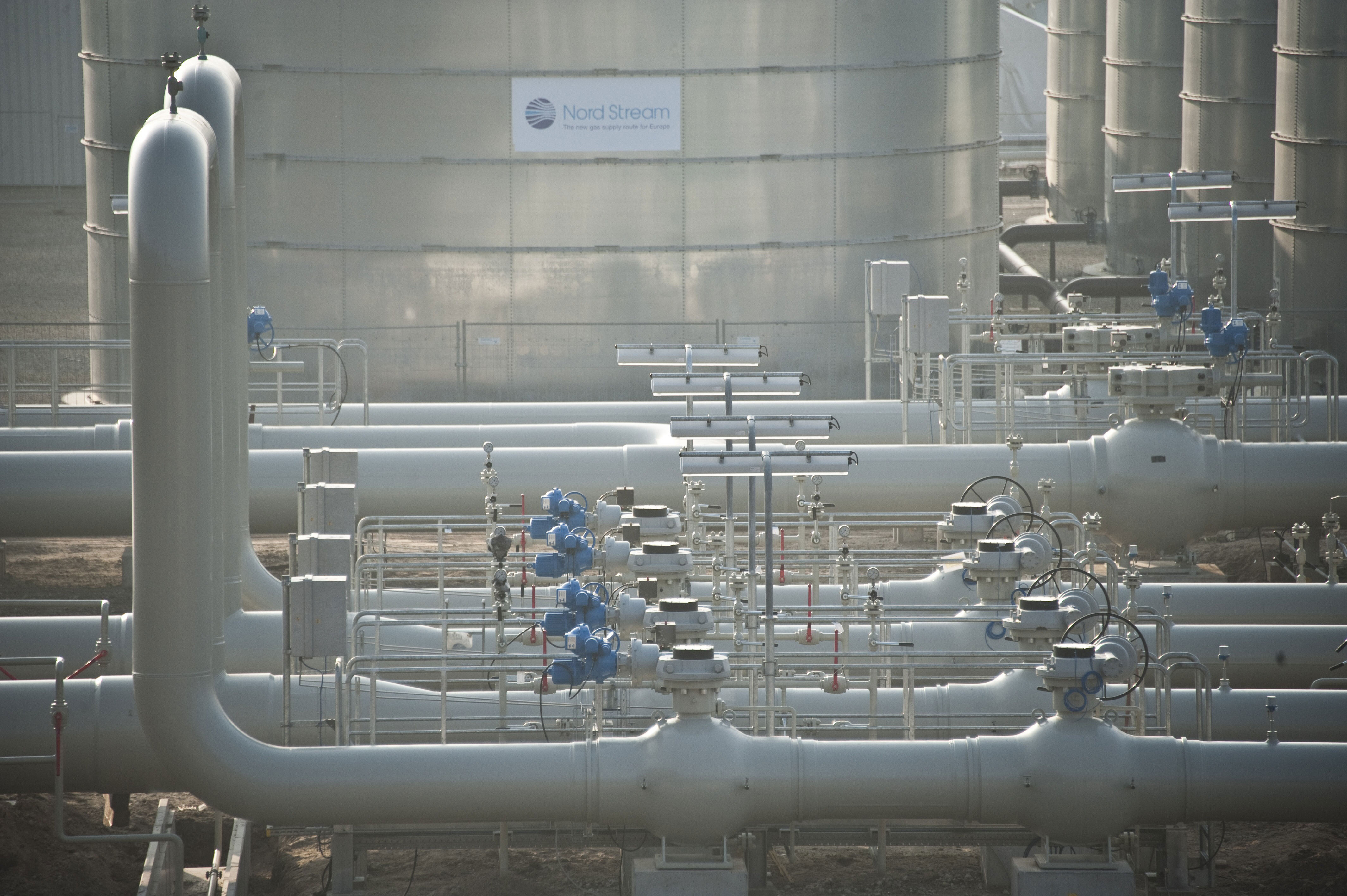Tallinn, the far north of Europe, is home to the International Centre for Defence and Security, where Emmet Tuohy, a U.S. expert on Europe’s energy security, has worked since 2012. We met with Tuohy at a recent panel discussion on energy security which was part of Balkan SAYS, a youth seminar organised in Bled, Slovenia, by the Euro-Atlantic Council of Slovenia, to discuss both the importance of Europe-Russia cooperation on gas and energy (in)dependence of EU Member States, attempting to draw parallels between the Baltic states in the north and Balkan countries in the south. According to Tuohy, Turkish Stream could serve as an alternative to South Stream for the latter, although the Eastring project could be an even more effective solution, while LNG terminals are “a fantastic way of increasing security and diversity of supply in Europe”. In the following interview, Tuohy also compared the U.S. and EU energy transitions, saying that the electric car industry is likely to develop faster in the U.S.
Read more













